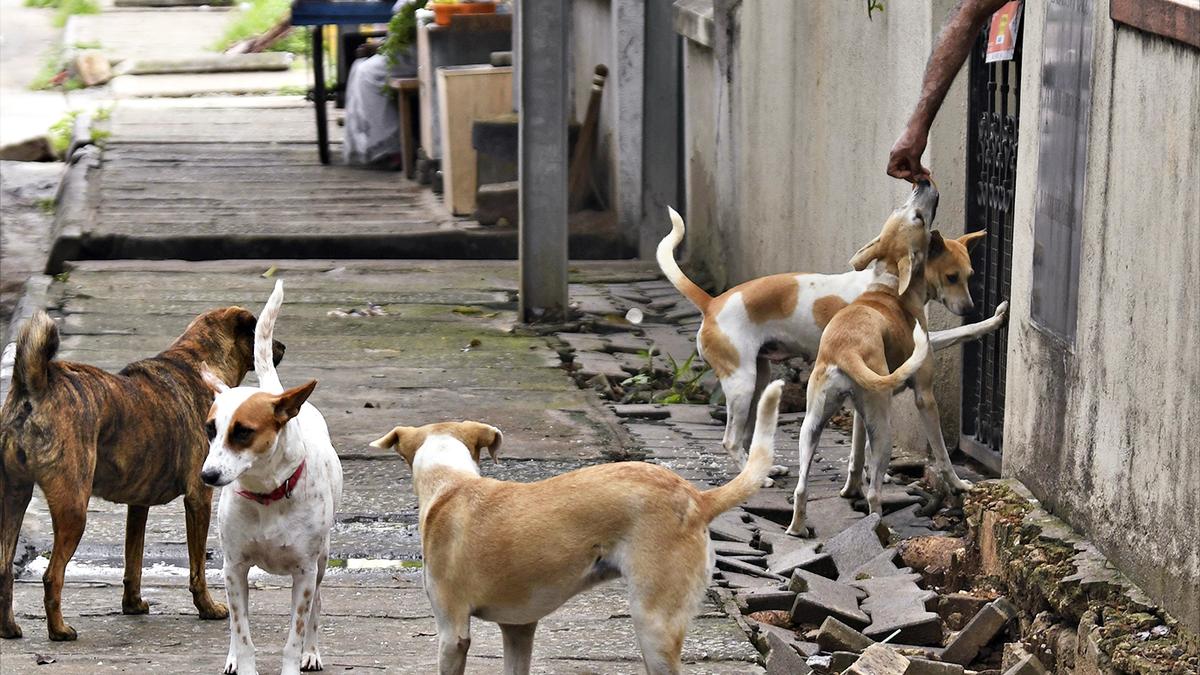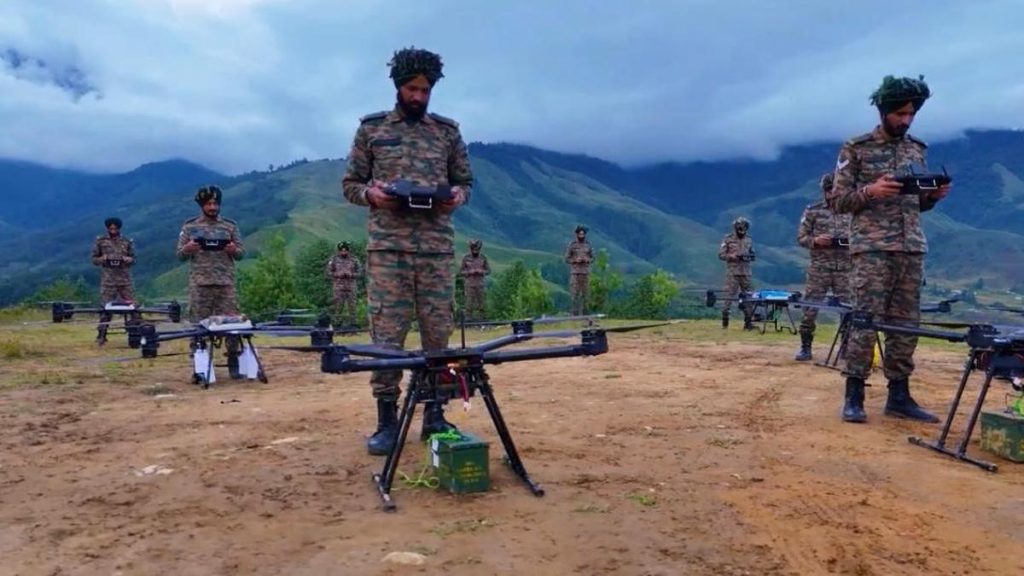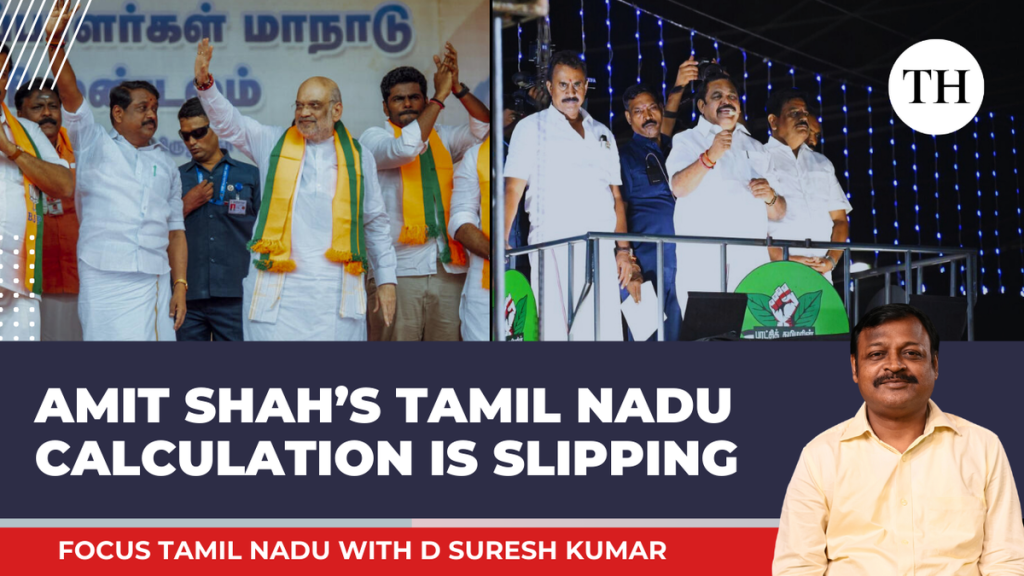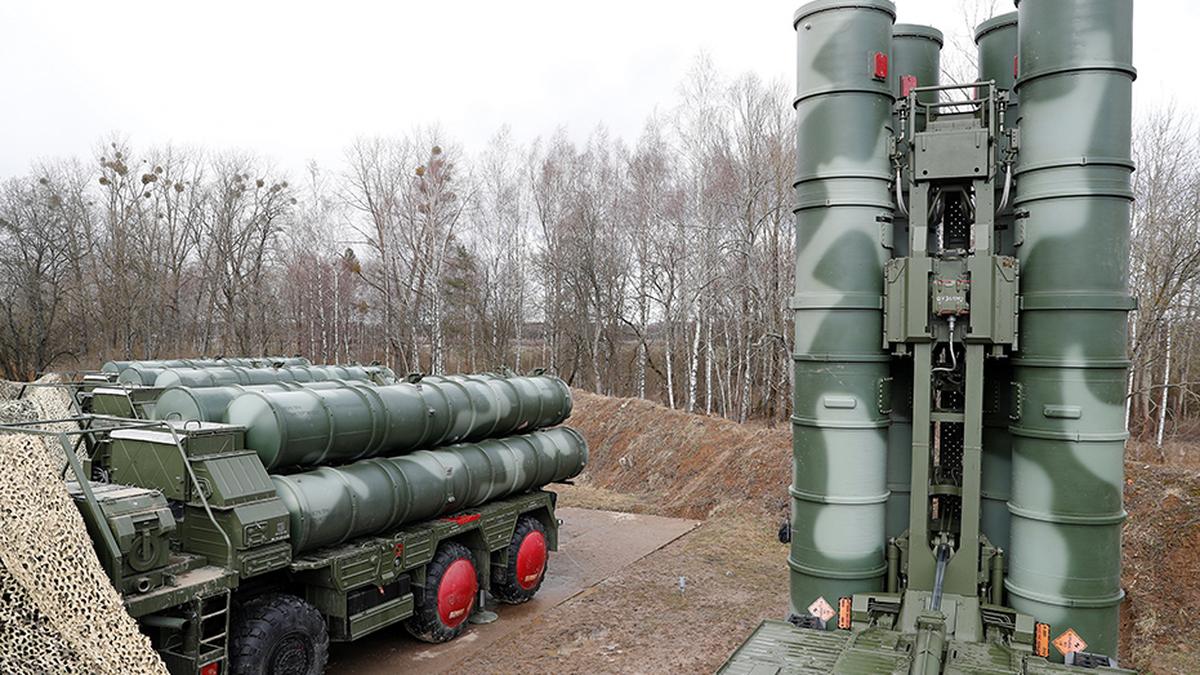Now Reading: BBMP Seeks Tenders to Provide Daily Meals for 4,000 Stray Dogs in Bengaluru
-
01
BBMP Seeks Tenders to Provide Daily Meals for 4,000 Stray Dogs in Bengaluru
BBMP Seeks Tenders to Provide Daily Meals for 4,000 Stray Dogs in Bengaluru

Speedy Summary
- Population Survey: Bengaluru has over 2.7 lakh stray dogs,according to a recent survey.
- Civic Initiative Details: The Bruhat Bengaluru Mahanagara Palike (BBMP) has launched a one-year initiative to feed stray dogs to reduce aggression caused by food scarcity, which they claim contributes to dog bite incidents.
- Implementation Plan: Contractors will feed 4,000 stray dogs daily at around 100 designated feeding spots across the city; each spot will cater to about five dogs daily.
- Food Specifications: The diet includes cooked rice, chicken, vegetables, salt, turmeric with water (600 grams per dog containing approx. 750 kcal). Feeding must occur before 11 a.m., using reusable cleaned utensils and monitored via geo-tagged photo evidence and GPS-enabled transport systems.
- Estimated Cost: BBMP projects an annual expenditure of ₹2.88 crore for this program.
- Previous Incident & Objective: Following the fatal attack on a senior citizen in Jalahalli last year by stray dogs due to food scarcity issues and failed community-led initiatives afterward attempted by BBMP, this civic-led program aims for data-driven study of its impact on reducing aggression.
Indian Opinion Analysis
the BBMPS proactive initiative addresses an vital urban challenge stemming from the growing population of stray animals in Bengaluru-an issue that intertwines public safety with animal welfare concerns. By directly targeting food insecurity as a root cause of canine aggression linked with incidents such as bites or attacks-including tragic cases-the civic body attempts an innovative path toward mitigating risks while caring for underserved populations.
However promising the program seems at first glance in terms of preventive outcomes like lowered risk for residents nearby feeding zones yet it’s limited operational target accessing just fraction scale comparing larger base similar concerns raised city within budget equation still balances feasibility committed data transparency actionable accountability monitoring initiatives success dependent factors ongoing measurement systemic adjustments ‘middle cost stakeholder voices longer implementation horizon’. Read more..

























